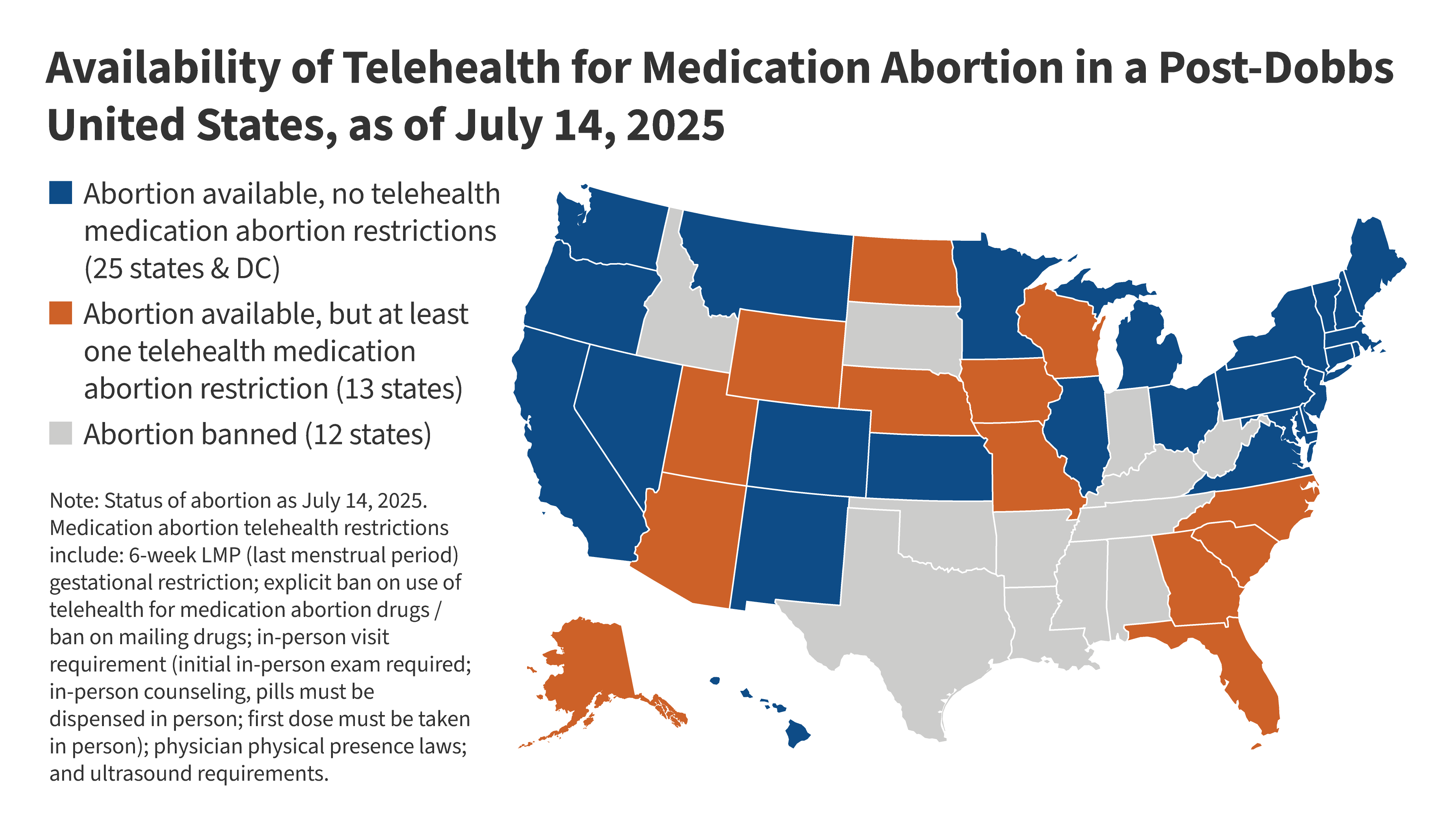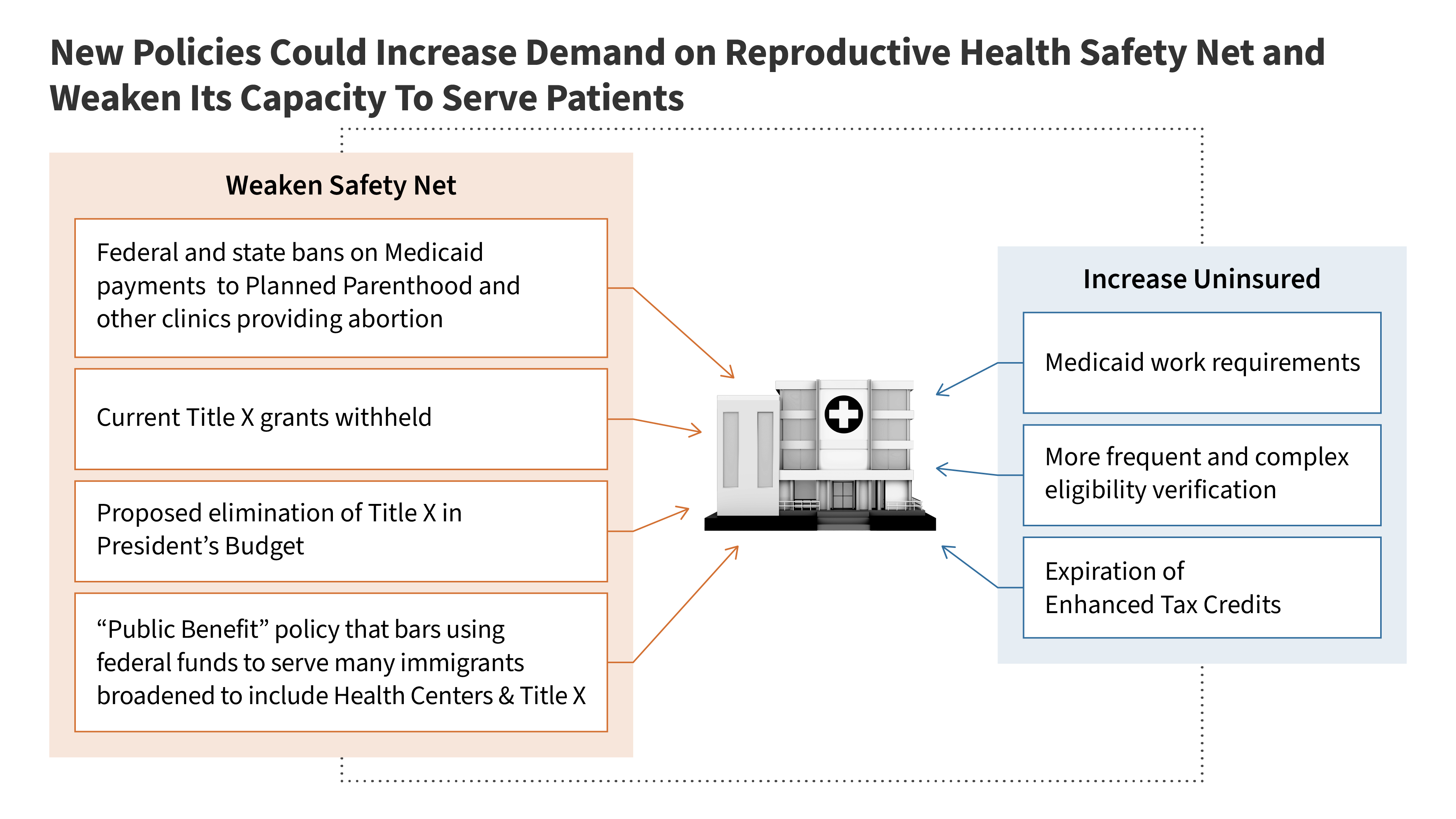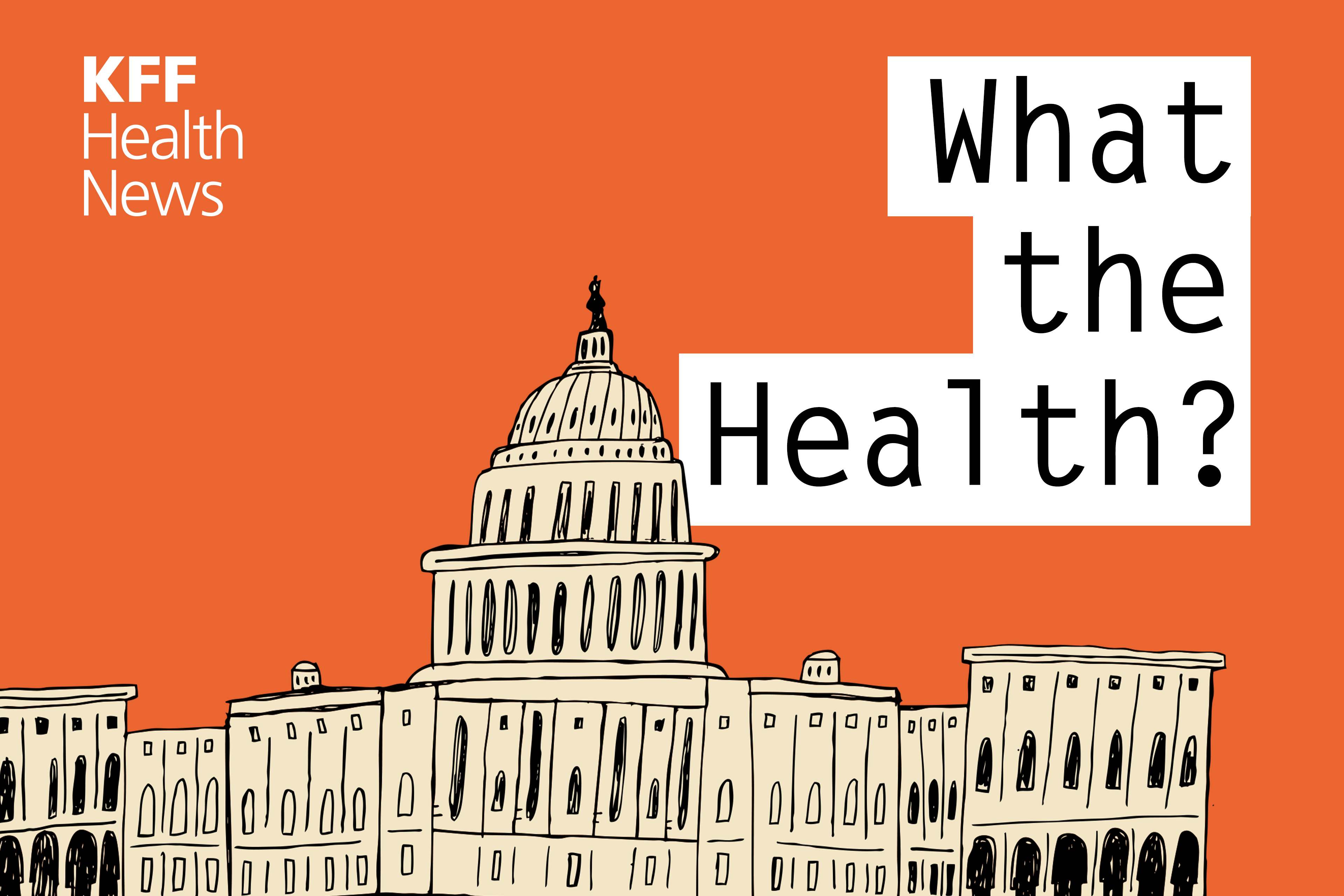10 Key Data Points About the Experiences of LGBT+ Women and Their Access to Care
This brief presents key data points from the Women’s Health Survey, KFF's nationally representative survey of women in the United States conducted from May 13 – June 18, 2024.






